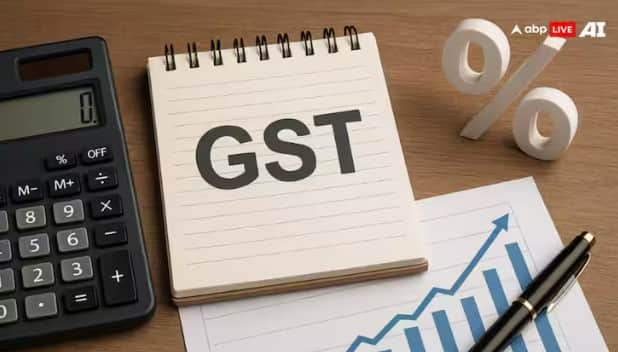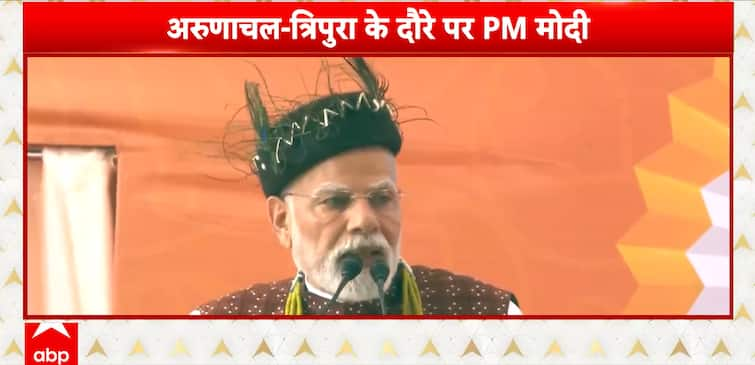GST 2.0 comes into force today, coinciding with the start of Navratri, marking a significant shift in the taxation of essential goods. The move brings a wide range of items under a 0 per cent tax bracket, affecting households, students, and strategic sectors.
Under the new framework, many everyday food products are now exempt from GST. Items such as UHT milk, pre-packaged and labelled chena or paneer, and a variety of Indian breads, including chapati, roti, paratha, parotta, khakhra, and pizza bread, will no longer carry any tax.
With the Navratri festival beginning, the timing could offer some relief for consumers, as basic staples become more affordable amid rising living costs.
Healthcare and Insurance Exemptions
Thirty-three life-saving drugs that were previously taxed at 12 per cent are now fully exempt, along with three specialised medicines used to treat cancer, rare diseases, and chronic conditions that were earlier in the 5 per cent slab.
Insurance policies, including health and life plans such as family floater and reinsurance, are also now tax-free, potentially easing household expenses and promoting broader coverage.
Education Supplies Benefit
GST 2.0 has also removed taxes on a variety of educational materials. Stationery and academic items such as uncoated paper, paperboard for exercise books, laboratory notebooks, and graph books are now exempt, as are maps, atlases, globes, and other teaching aids.
Smaller stationery items like pencils, erasers, sharpeners, crayons, pastels, drawing charcoals, and tailor’s chalk have also been included in the 0 per cent bracket, along with handmade paper, supporting both students and traditional crafts.
Strategic Sector Imports Exempted
Defence and aviation imports benefit from the exemptions as well. IGST will no longer apply to items such as flight motion simulators, missile components, drones, unmanned vessels, and military aircraft including C-130 and C-295MW. Other items like deep submergence vessels, sonobuoys, and high-performance batteries are also included.
Technical documentation for these imports is also exempt, facilitating operational readiness. Additionally, natural cut and polished diamonds up to 25 cents and artworks or antiques brought in for exhibitions will not attract GST.
Implications for Consumers and Businesses
The changes under GST 2.0 are expected to reduce costs for households and educational institutions, while easing compliance for businesses in critical sectors. The timing with Navratri adds a seasonal boost, making essentials more affordable as the festival begins. Analysts say the reforms mark a major shift in India’s tax structure, with potential benefits for both consumers and industry.


)
